Charlie Chaplin goes to China (again)

The Chinese public is rekindling its romance with Charlie Chaplin at a new exhibition in Shanghai, made possible thanks to a loan from Switzerland's photography museum, the Musée de L'Elysée.
The museum and Swiss national film archive have lent the major retrospective exhibit, running from June 8 to October 7 at Shanghai’s Yuz Museum, film reels and posters.
Russian filmmaker Sergei Eisenstein once said: “”I wish I knew what kind of eyes you had to look at the world to see it as Chaplin saw it.” The Musée de l’Elysée in Lausanne has turned that musing into a touching and exhaustive tribute of the comedian, Charlie Chaplin. A visionExternal link. which is being presented by the Yuz MuseumExternal link in Shanghai.
Tatiana Franck, director of L’Elysée, recalls ceiving a visit from Budi Tek, Sino-Indonesian founder of the Yuz Museum, which was created in 2014.
“He discovered the Chaplin Archives in our possession. Astounded by the richness of of our photographic collection, he asked us to set up an exhibition for his museum in Shanghai. That’s how it all started.”
Wishing to promote the Charlie Chaplin Fund internationally, Franck, the co-curator of the exhibition, did not hesitate.
“If the Yuz Museum has called on us, it is because they have confidence in our know-how and expertise,” she explains. “Swiss museums abroad represent a guarantee of quality and professionalism, which makes our brand shine.”
A huge star in China
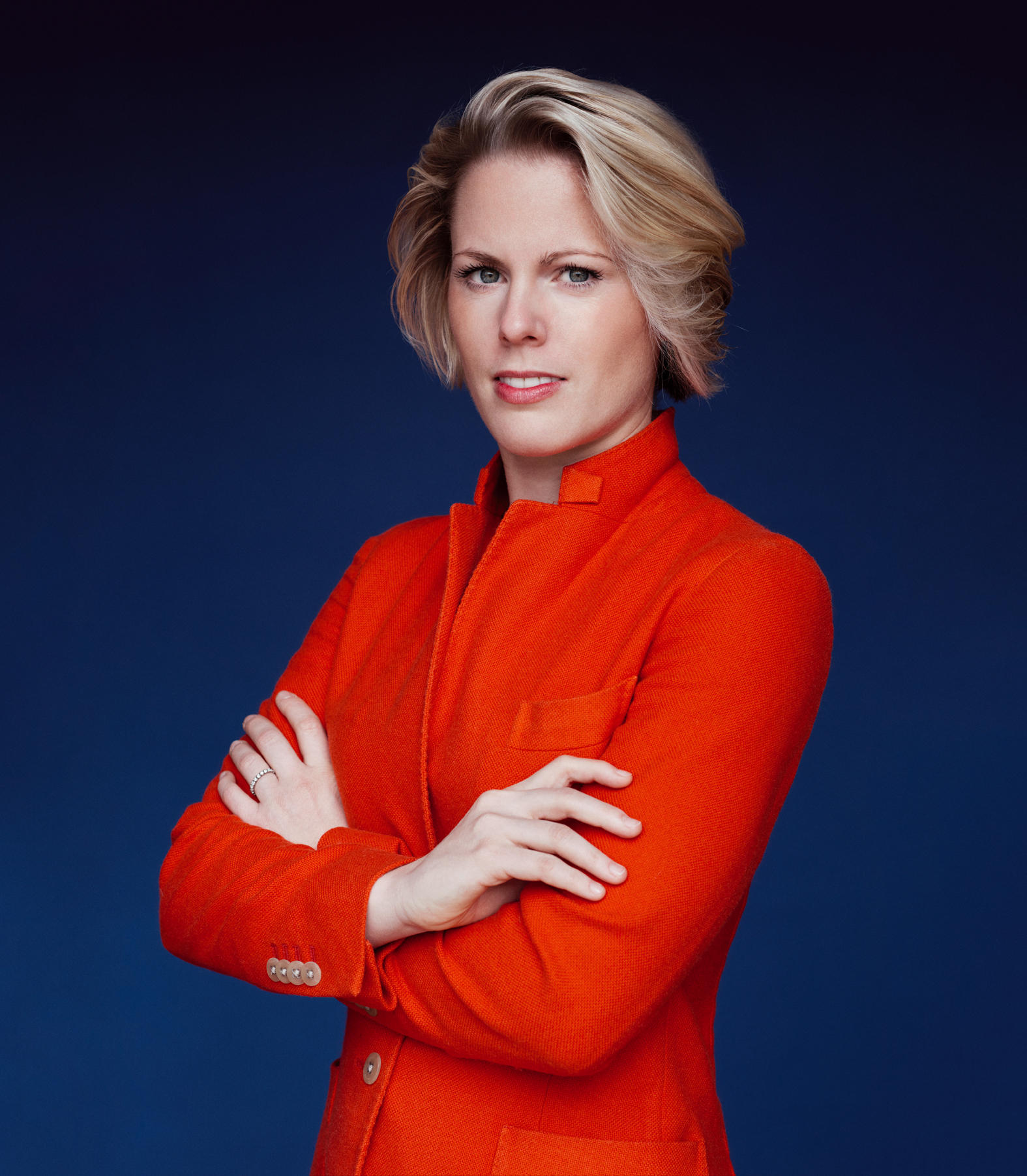
Tatiana Franck went to Shanghai to unveil the project before it went up and encountered a highly enthusiastic audience. “We must remember that in China, Charlie Chaplin was one of the few Western filmmakers whose films were screened during the Cultural Revolution,” she says in reference to the 1966-1976 efforts of China’s communist leadership to stamp out capitalist and other competing influences from Chinese society.
“His memory thus remains alive, reinforced by the memory of his long tour in Asia, in the 1930s, during the promotion of his film ‘Modern Times’.”
The East’s fascination with Chaplin hearkens back to those days. The undisputed star was also loved by the Chinese. It was in southern China’s Canton, also known as Guangzhou, that the seductive artist married his companion of the time, American actress Paulette Goddard.
Although the public in Shanghai are familiar with the author of the “Dictator”, they have never seen photos that retrace the comic actor’s intimate life and very rich career. Four hundred photographs will be on display, most of which are vintage works by famous artists such as Edward Steichen. Alongside these works are extracts from Chaplin’s films – and documentaries – borrowed from the Cineteca in Bologna. The Swiss film archive, Cinémathèque, chipped in with original posters. The result is a deep retrospective split into seven chapters.
Defending dignity
“Through all these pieces, we wish to show how Chaplin’s gaze revolutionised the world of cinema and how photography has helped him become the most famous artist in the world,” says Franck.
After Shanghai the exhibition will go to Mexico City. Two other cities are also on the tour list, but Franck says they will only be made public once the details are finalised.
She expects the Mexican public to give Chaplin an equally warm welcome. “First, because there is a great enthusiasm for the seventh art (cinema) in Mexico. Several Mexican filmmakers have been honoured with an Oscar, including Guillermo del Toro this year.”
And secondly, she points out, “people there are very attached to the notion of dignity, which Chaplin always defended in his films.”

More
Chaplin’s World proves a hit with foreign visitors
Translated from French by Dominqiue Soguel

In compliance with the JTI standards
More: SWI swissinfo.ch certified by the Journalism Trust Initiative

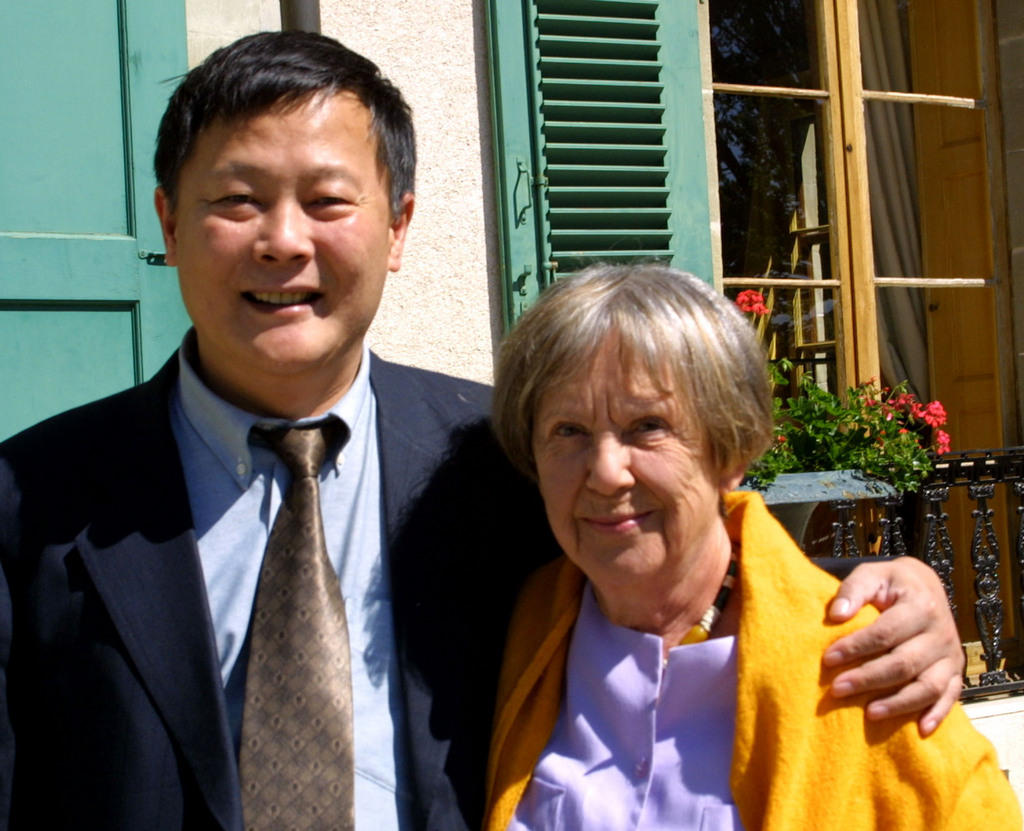
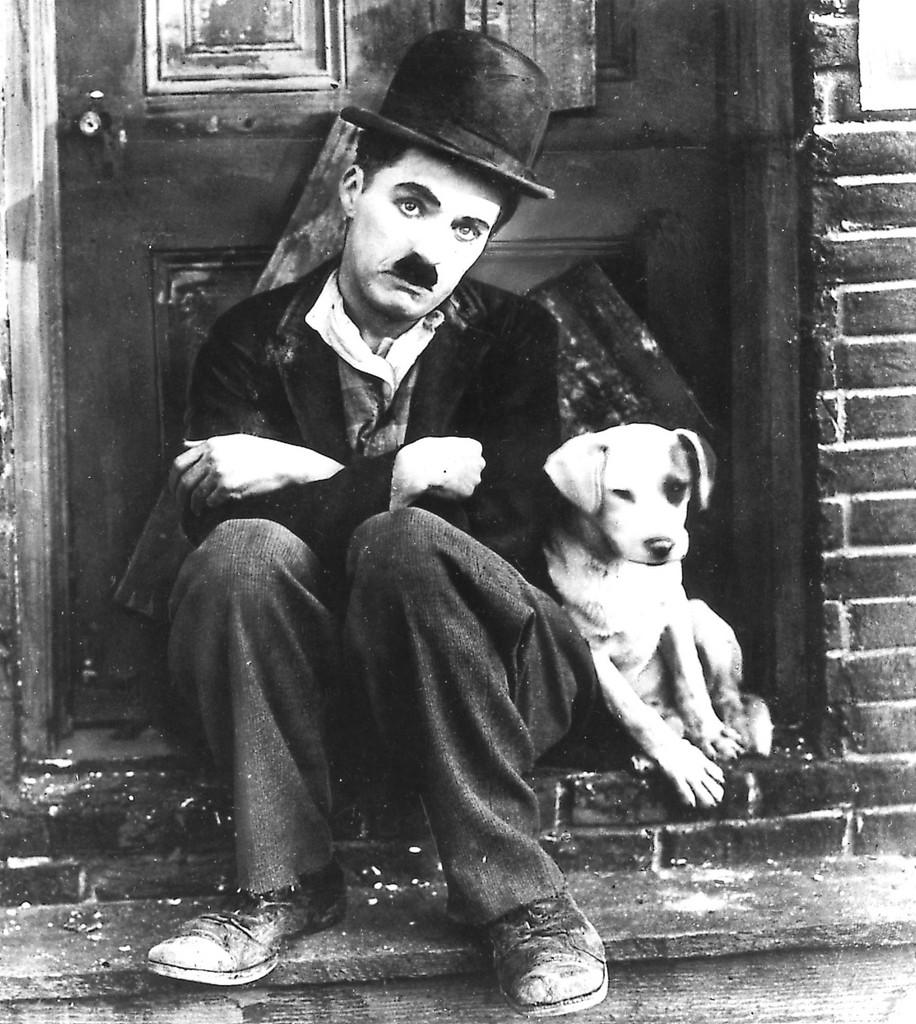


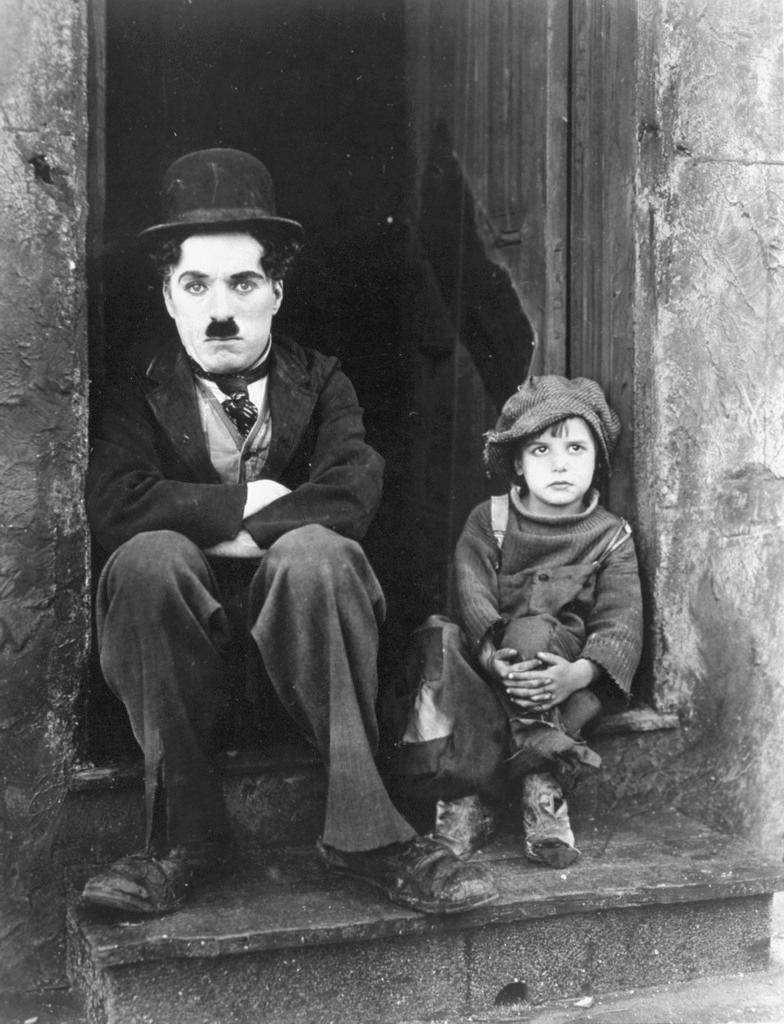
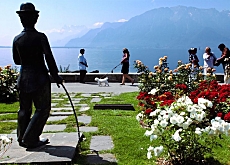
You can find an overview of ongoing debates with our journalists here. Please join us!
If you want to start a conversation about a topic raised in this article or want to report factual errors, email us at english@swissinfo.ch.